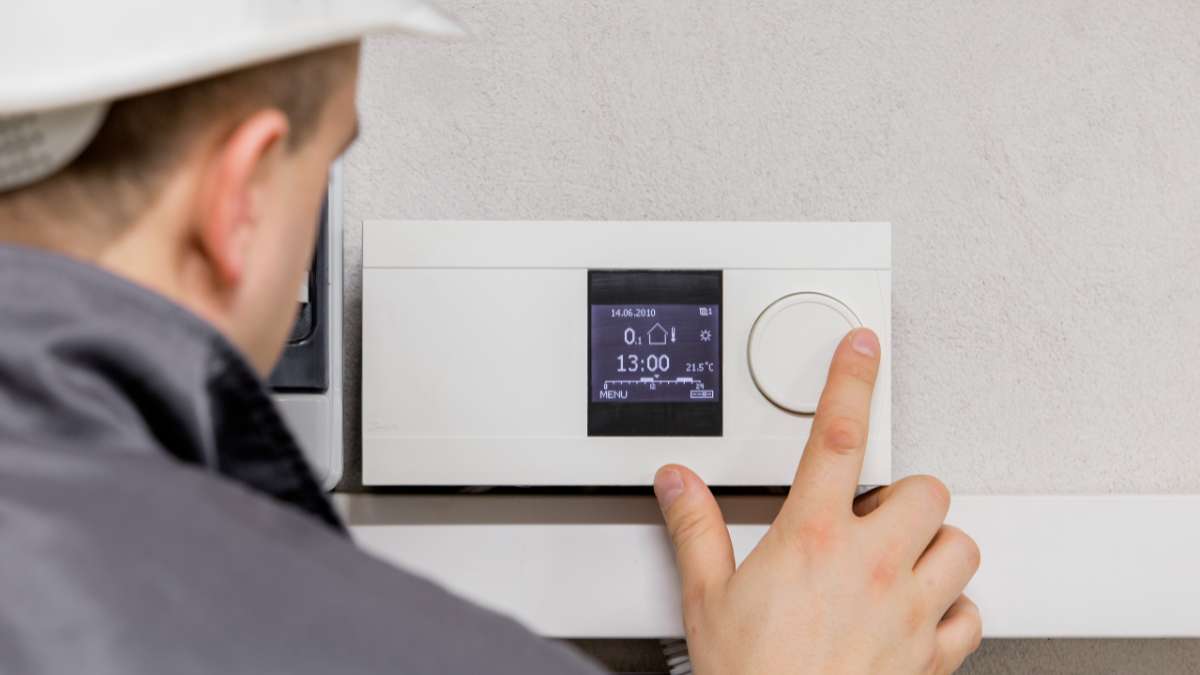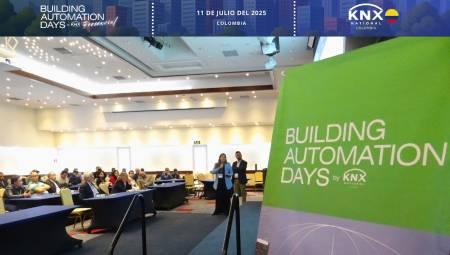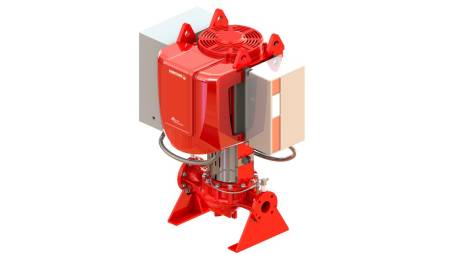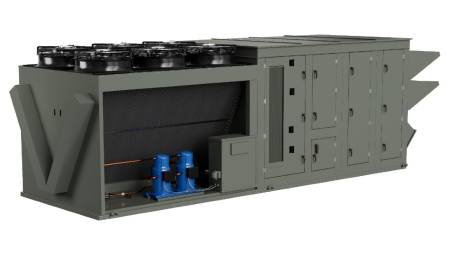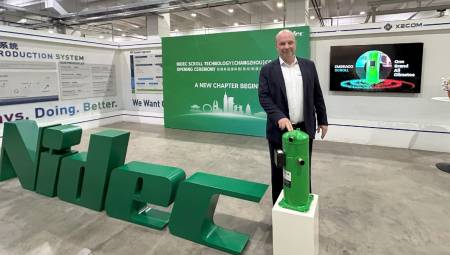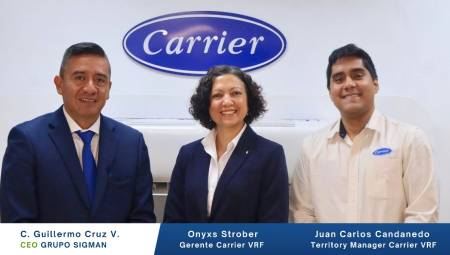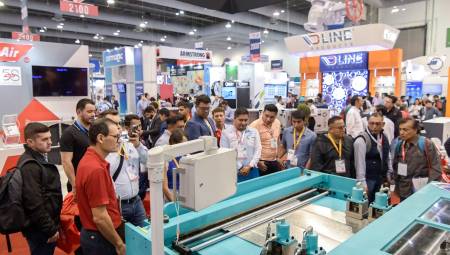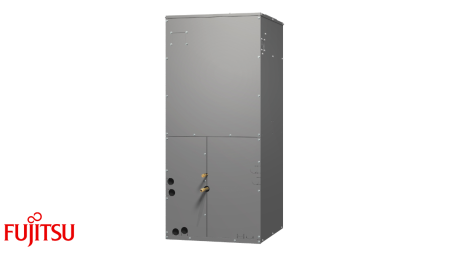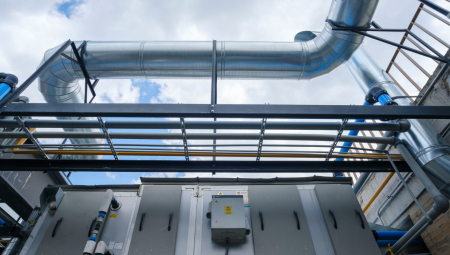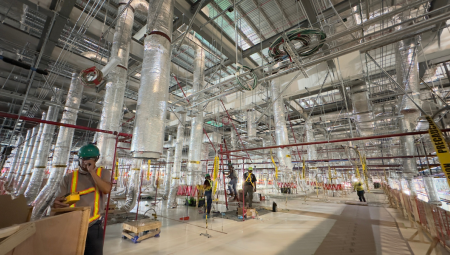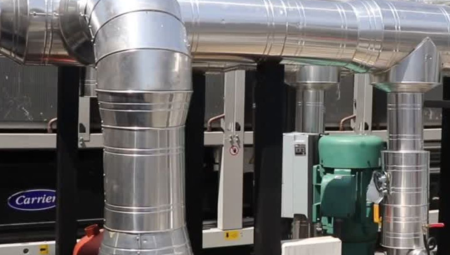Mexico. The Mexican Association of Companies in the Construction Facilities Industry (AMERIC by its acronym in Spanish) will provide this training program aimed at the professionalization of the sector.
According to AMERIC, there is currently no formal and extensive training in the field of building automation.
"There are buildings with a high degree of automation (sometimes wrongly called intelligent) that are designed by manufacturers of control systems and that close projects to their brands and partners; purchasing managers, auditors and auditors most of the time do not know what they have to buy or receive; there are few professionals in the market capable of designing an optimal comprehensive control system from start to finish, as well as implementing and maintaining this type of 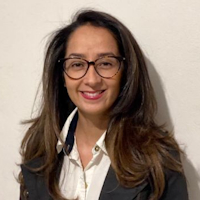 building," the Association reported.
building," the Association reported.
The Diploma in Design and Integration of Automation and Control Systems in Buildings is coordinated by the Electronics and Telecommunications Engineer, Gisele Sosa, who currently serves as Vice President of ICT at AMERIC.
The training cycle is designed with a theoretical component enriched with images and diagrams that contribute to the proper visualization and understanding of knowledge. On the other hand, students will work on practical case studies, attend laboratories with real equipment, carry out theoretical and practical exercises and must submit a TFD Diploma Final Project.
In the same way, real equipment such as controllers, gateways and various types of sensors will be available in class. Teachers will perform some hands-on demonstrations of driver configuration and demonstration of BMS in operation.
Who is it for?
- Project managers, site managers, residents, and facility superintendents.
- Professionals with knowledge and experience in electromechanical, electrical, lighting, air conditioning and other related specialties.
- Technical personnel responsible for the execution and maintenance of facilities, those responsible for the design, construction and maintenance of real estate, designers, architects, consultants, mechanical engineers, electrical engineers, chemical engineers, industrial engineers, civil engineers and architects.
- Interns from the aforementioned professions and interested public with basic engineering knowledge.
Modules & Structure
The diploma course is carried out from an eminently practical teaching aspect, for which the teaching structure is divided into core courses, seminars and development works
- Module I: Fundamental leveling to acquire the knowledge of the rest of the diploma course.
- Module II: Control and monitoring systems in buildings: fire detection and extinguishing, HVAC air conditioning and ventilation, electrical, sanitary, lighting, renewable energy, among others.
- Module III: Technologies for the control of buildings, both from the point of physical visit and the means of transmission, as well as their languages or protocols.
- Module IV: Comprehensive control project, from the initial approach and design of the control architecture, memory, measurement, plans and single-line structures, to the integration of subsystems and control solutions for different types of buildings.
- Module V: Development of web interface and SCADAS for building monitoring and control.
- Module VI. Facilities.
- Module VII. Contracts & Legal Aspects
- Module VIII. Supervision and coordination of works
The diploma course will have a hybrid modality, with face-to-face and virtual classes, divided into core course classes and seminar classes, face-to-face laboratories and TFD with public defense.
The duration of the course will be 200 hours. The beginning of the diploma course will be on Friday, May 17, 2024 at 8 am, with a one-hour master class and the subsequent start of teaching classes. Classes are on Fridays, from 8 a.m. to 11 a.m., and on Saturdays, from 8 a.m. to 1 p.m., and the diploma course will end on October 26, 2024.


